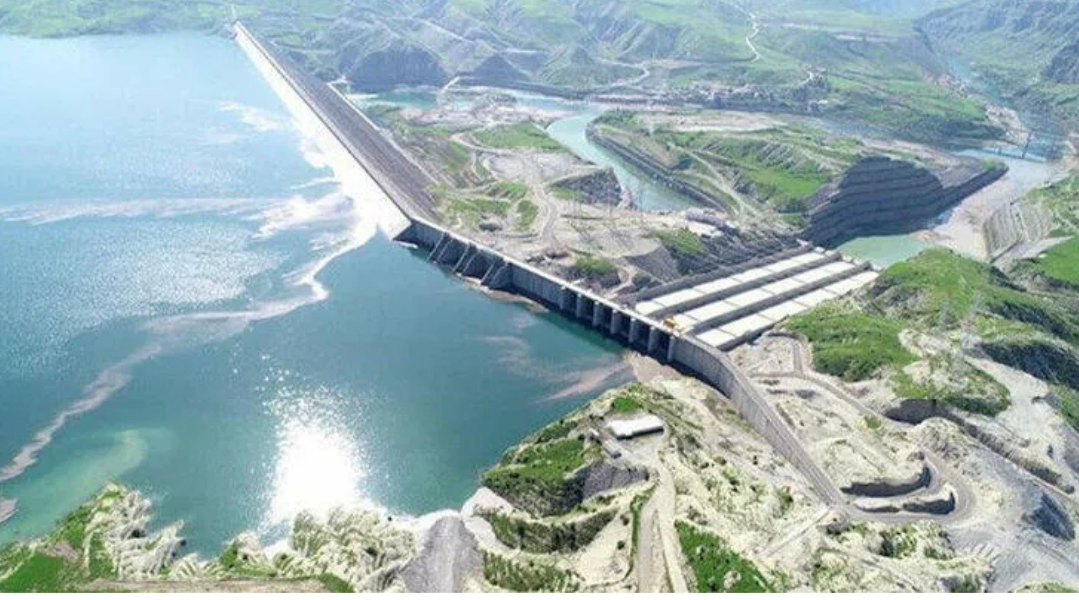Parched lands replace fertile territory in some places while others are exposed to incessant torrential rains. As climate change takes its toll on Turkey and the Middle East, better use of limited water resources is under the spotlight.
Turkish Water Institute (SUEN) last month hosted irrigation experts from Iraq, Jordan, Lebanon and Syria in Şanlıurfa, an agricultural hub in southeastern Turkey, for efforts to improve agricultural water use efficiency and productivity in the region. A workshop and study tour by SUEN brought together local and foreign experts.
During the workshop, a report entitled “Improving agricultural water use efficiency and productivity in the Middle East: Pressures, status, impacts and responses” were presented and discussed. Representatives of the participating countries also provided information about the irrigation methods and practices they use. Afterward, field visits were made to the irrigation facilities to observe the practices in place. Within the scope of these visits, Atatürk Dam and irrigation areas in the region were visited.
The workshop and field trip come as part of the “Disseminating Knowledge to Improve Agricultural Water Use Efficiency” project, coordinated and implemented by SUEN as the coordination office. The results of the study were shared with country experts at the workshop.
The report covered issues such as water scarcity, the challenges it poses to agriculture, improving water use efficiency and, in turn, increasing water efficiency and crop production in the region. It was prepared under the umbrella of Blue Peace in the Middle East. Blue Peace in the Middle East is a network that aims to establish institutional cooperation for sustainable management of water resources by providing water cooperation in the Middle East. It consists of the leading organizations of the countries in the region and aims to transform water, which can be a potential source of conflict in the region in the long term, into a peace tool by taking concrete steps and establishing cooperation.
The Coordination Office of Blue Peace in the Middle East has been carried out by SUEN since 2019, and it carries out the agricultural water efficiency project together with the countries in the region. As the project partner, The Swiss Development and Cooperation Agency (SDC) is co-funding the project together with SUEN.
With the ever-increasing population, economic growth, and changes in our lifestyles, the demand for water is increasing day by day. According to the Food and Agriculture Organization (FAO), if the world continues in this way, the demand for water for irrigation could double by 2050.
Water resources, which are of vital importance for the Middle East, are rapidly decreasing with the effect of global warming. The report emphasizes that the efficient use of water is of great importance for many sectors, especially agriculture since approximately 80% of water is consumed in traditional irrigation methods in agriculture.
The report also draws attention to the impact of climate change. Climate change is seen as the main cause for changing temperatures and precipitation patterns and the increase in the severity and frequency of drought, leading to serious damage to many sectors, especially agriculture. Water scarcity is the biggest threat to agriculture. Some losses are still recoverable, so “real” water savings are still possible, according to the report.
Turkish Water Institute, affiliated with Turkey’s Ministry Of Agriculture And Forestry, by contributing to the development of national and international water policies; it is a think tank that conducts scientific research and operates for capacity building and strategic idea development.
For its part, Turkey strives to keep water losses at a minimum and diversify its crops in the face of climate change threatening its resources.
